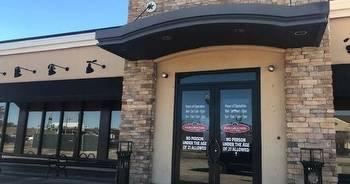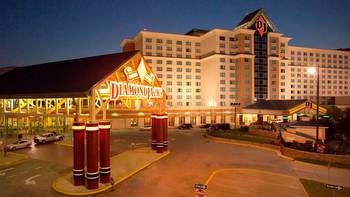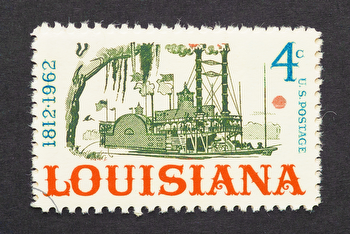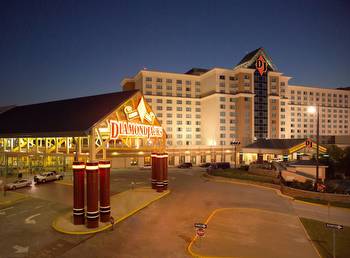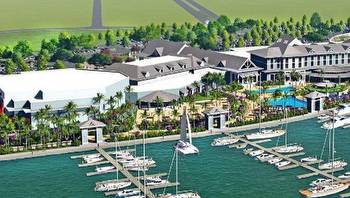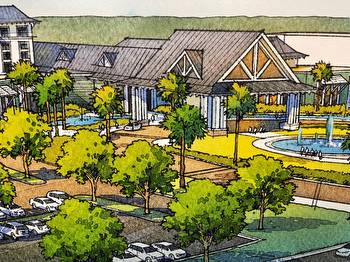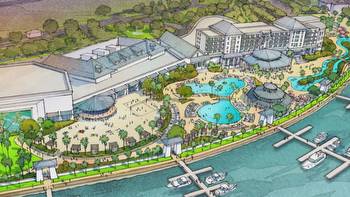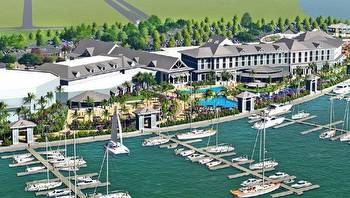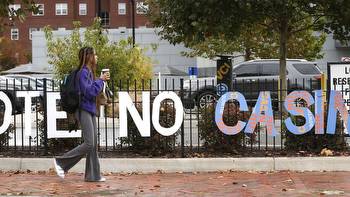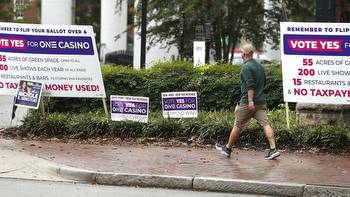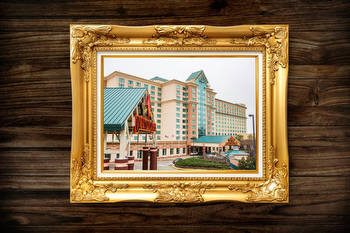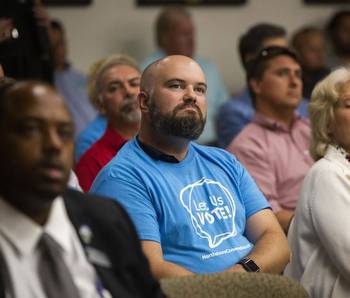Will the crushing defeat of Slidell casino play a role in St. Tammany politics? Opponents say yes

Leading up to the controversial Dec. 11 referendum to allow a casino to be built in the Slidell area, political observers were expecting a close outcome that could go either way. But that prediction proved to be stunningly wrong, as 63% of the nearly 60,000 St. Tammany Parish voters who turned out said no to the proposed $325 million casino resort.
Just three weeks earlier, polling showed that 60% favored the proposition, said Jay Connaughton, a political consultant for the casino developer, Peninsula Pacific Entertainment. But that support evaporated in the final weeks, with the proposition carrying only 17 of the parish's 170 voting precincts.
"It was not a game of persuasion, but motivation," said Connaughton, who blamed rumors, stoked largely on social media, that voting yes for the Camellia Bay project would allow another casino to pop up in Mandeville.
The casino's defeat followed months of intense and expensive campaigning and sometimes rancorous debate at public meetings and on social media, where the issue was often presented as an east St. Tammany vs. west St. Tammany showdown.
But in the end, the votes told a different story.
The measure lost on both sides of the parish, despite fears by casino opponents that western St. Tammany voters would thrust a casino on their neighbors in the east. The no vote was actually far stronger in western St. Tammany, according to Connaughton.
The strongest pockets of support for the casino were in Slidell and eastern St. Tammany, and the precincts with the most no votes were in Mandeville and Madisonville, he said. "The closer to the project, the better we did, and furthest, the worse," Connaughton said.
St. Tammany Chamber of Commerce executive director Lacey Osborne said she was relieved that the predicted geographic divide turned out to be overblown. "It was divisive among friends," she said. "We want to unite the parish, not further divide it. It's a new day. It's not about east vs. west anymore."
St. Tammany Parish Council member T.J. Smith, a casino opponent whose district is in eastern St. Tammany, went further. "I found it to be an issue that has galvanized the community; the east and west, rich and poor, Black and White, Republicans and Democrats," he said. "It's something people came together and resoundingly voiced an opinion on, and because it was such a wide margin, we can take the positive and build on that."
Whether casino opposition has a lasting effect on cross-parish unity remains to be seen. A more immediate question is how the aftermath of the casino election might affect upcoming election cycles.
"I think there is little question that it will come up," said political consultant James Hartman. "How big a factor remains to be seen...any elected official or candidate who was perceived to have supported the casino referendum will have to answer to it."
But Hartman sees the casino as a topic, rather than a deciding factor, and with parishwide elections still years away, other things, particularly a crisis like another hurricane, can take precedence, he said.
Parish President Mike Cooper said he thinks St. Tammany residents are more focused on immediate needs -- drainage, traffic and infrastructure improvements. Beyond that, there's the matter of paying for the criminal justice system after voters in November dealt a fourth defeat to a criminal justice sales tax.
Slidell officials will be the first to face the voters after the casino defeat, with municipal elections on March 26, and the current City Council, Mayor Greg Cromer and Police Chief Randy Fandal all made public statements opposing it.
Cromer said he doesn't expect the issue to figure prominently in the upcoming election. He acknowledges that he showed the casino developers a number of potential sites when they first came to him. "When someone wants to spend a quarter of a billion in your community you have to listen to them," he said, and he maintains that he's glad voters had a chance to voice their opinion.
But Cromer said he never came out in support of the casino itself and ultimately opposed it. The casino revenue Slidell was being promised didn't outweigh the potential losses to local business and city tax coffers, he said.
The casino might loom larger in legislative races. Rep. Mary DuBuisson and Sen. Sharon Hewitt both authored bills to put the measure on the ballot, with DuBuisson's version ultimately being adopted. But a majority of St. Tammany's delegation supported the measure.
"I don't think it's going to be a factor, because I brought it to a vote for the people. That's my job," DuBuisson, a Slidell Republican, said. "If people want to make it something else, that's on them."
Hewitt, also a Republican, also focused on the vote. "The people have spoke, and I appreciate the 60,000 that took the time to come and vote," she said, adding that the issue of casino gambling in St. Tammany "has been settled once again for decades to come."
But some casino opponents don't see it as a triumph for democracy and don't appear inclined to let it go. Chris Jean, a developer who organized east St. Tammany business-based opposition to the casino, said that he's determined to see political challenges based on what happened.
"I'm not going to let them forget," Jean said. He called the process flawed and scoffed at the idea that the public was given a chance to weigh in, saying that they weren't adequately involved in the decision to put the matter on the ballot.
"People who go to work every day have to trust the people they've elected," Jean said. "A year and a half out, I plan to be active in getting candidates out there who will look out for the people."








